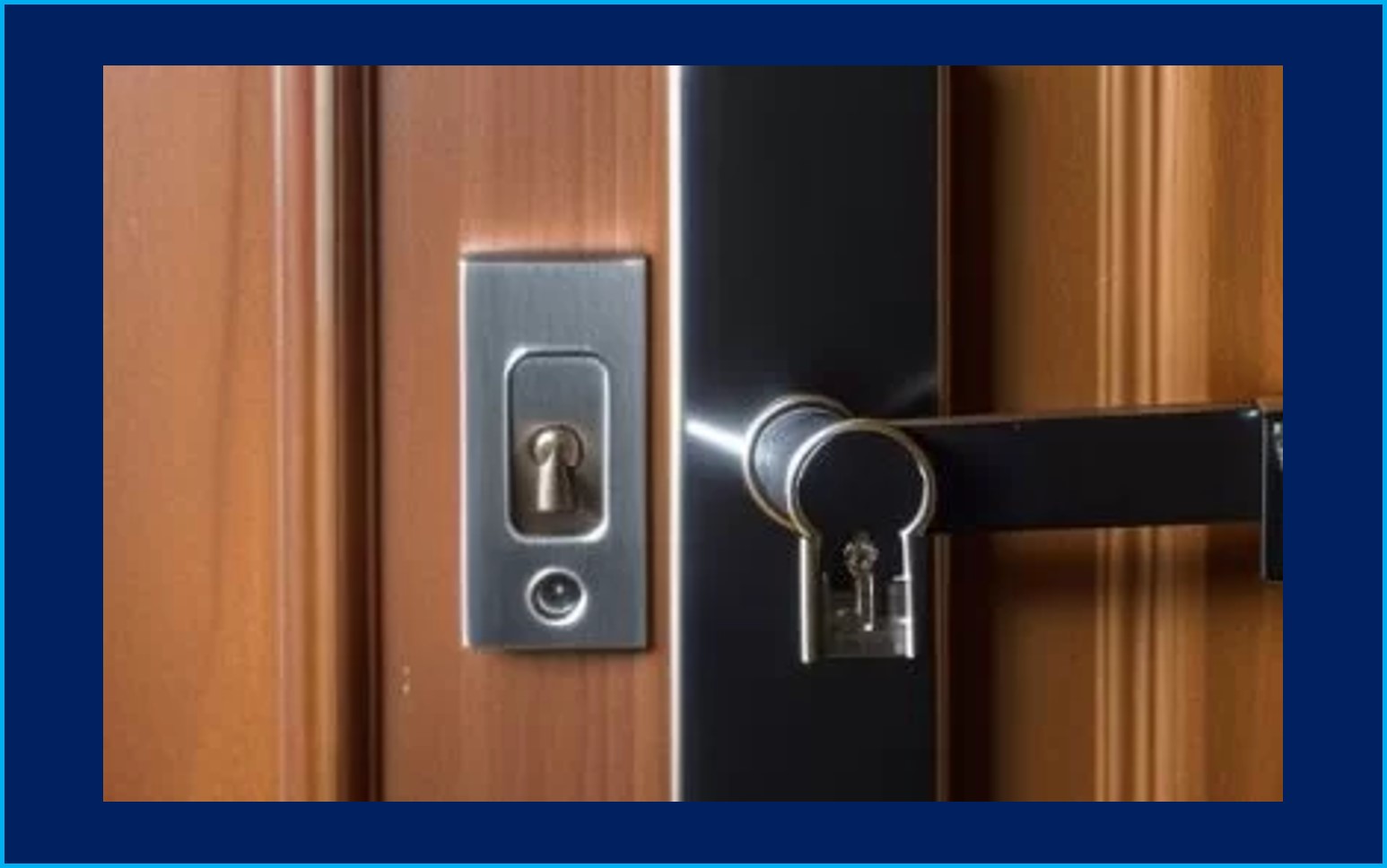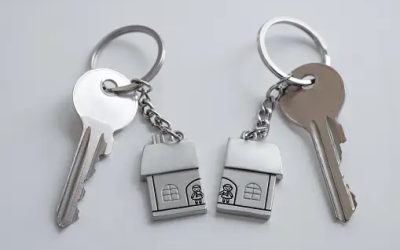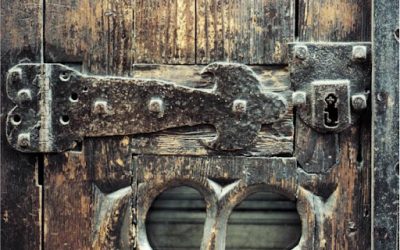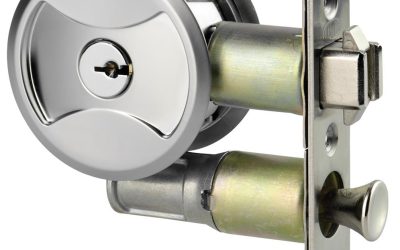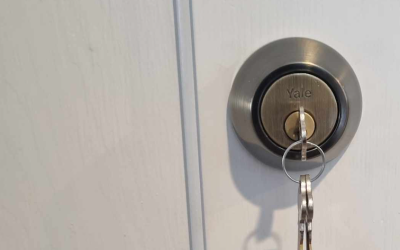Keys are ubiquitous tools that play an essential role in our daily lives, yet their significance often goes unnoticed until they’re needed. From securing our homes to starting our cars, keys are more than just pieces of metal—they are gateways to access, convenience, and security. In this article, we’ll delve into the basics of keys, their types, how they work, and their importance in our modern world.
Understanding Keys:
A key is a small, usually metal object with a unique shape that fits into a lock. Its purpose is to engage specific components within the lock, aligning them in such a way that allows the lock to turn and grant access. Keys come in various shapes and sizes, each designed to match the configuration of a particular lock.
Types of Keys:
- Household Keys: These are the most common types of keys used for residential locks. They can vary in shape, size, and complexity, but they all serve the purpose of securing entry points to homes.
- Automotive Keys: Car keys come in a range of styles, from traditional metal keys to modern key fobs with remote controls and transponder chips. These keys not only start the vehicle but also provide security features to prevent theft.
- Master Keys: Master keys are designed to open multiple locks within a specific system. They are often used in larger buildings with multiple rooms or units where different levels of access are required.
- Electronic Keys: Also known as electronic access cards or key cards, these are commonly used in hotels, offices, and secure facilities. They grant access when swiped or tapped on a reader.
- High-Security Keys: These keys are designed with advanced features to resist picking, bumping, and unauthorized duplication. They offer a higher level of security for sensitive areas.
How Keys Work:
Keys work based on the principles of simple machines and mechanical engineering. When the key is inserted into the lock and turned, it pushes pins or tumblers inside the lock to specific heights. When these pins align correctly, they allow the lock cylinder to rotate, unlocking the mechanism. This process is what grants access to the secured area.
The Importance of Keys:
- Security: Keys are the first line of defense against unauthorized access. They provide a physical barrier that safeguards our homes, vehicles, and valuables.
- Convenience: Keys offer the convenience of controlling who has access to our property. They enable us to manage and restrict entry, enhancing our sense of safety and control.
- Efficiency: In a world filled with digital solutions, keys remain a reliable and efficient way to secure and access physical spaces.
- Symbolism: Keys have a symbolic value, representing ownership, trust, and responsibility. Gifting a key can signify granting someone access to our lives or a place of significance.
In conclusion, keys are more than mere tools; they are guardians of our spaces and possessions. Their designs have evolved over time, incorporating technology and security advancements. As we continue to innovate, the humble key remains a timeless symbol of security and access in our increasingly digital world.



